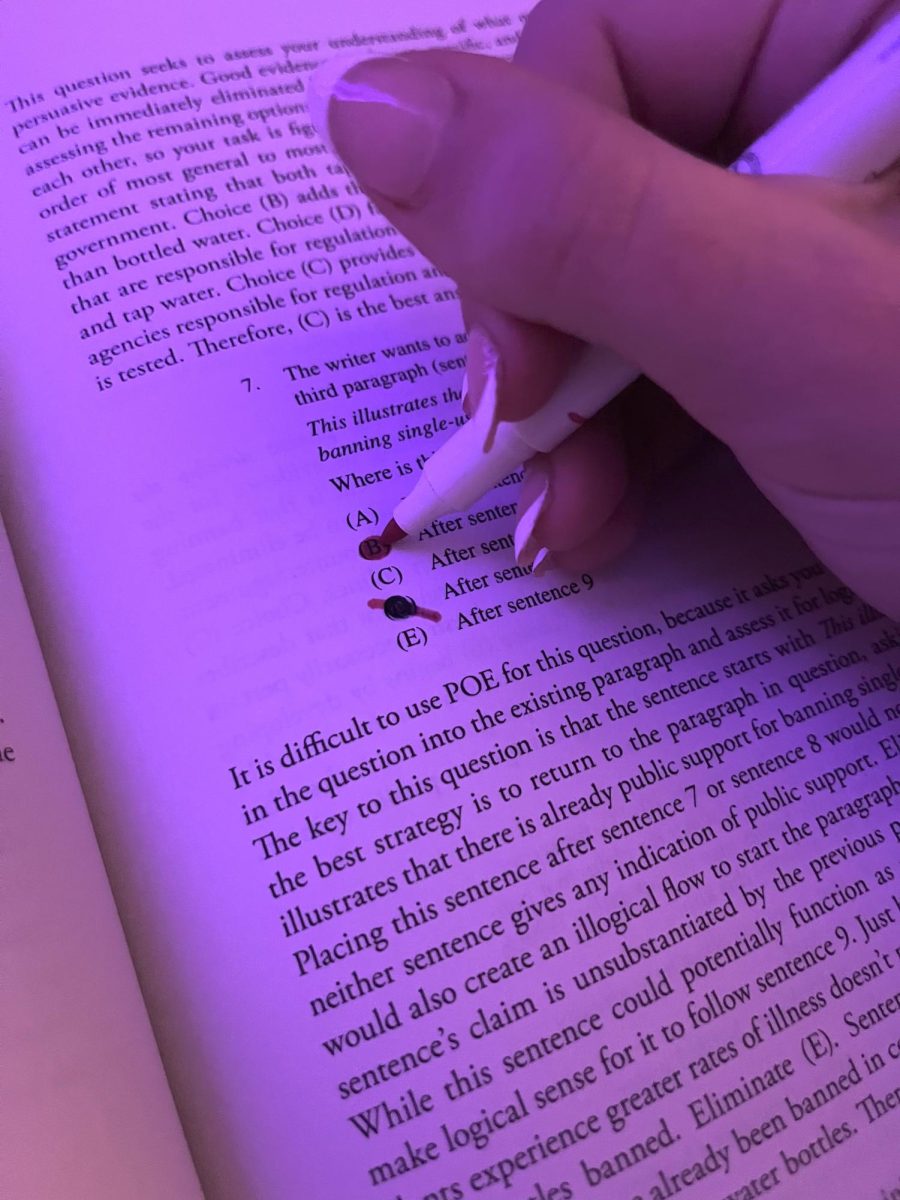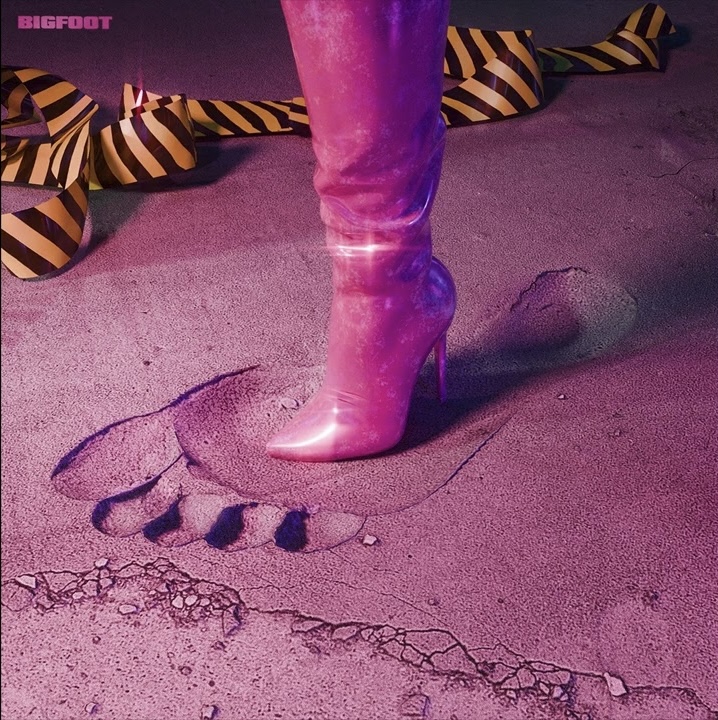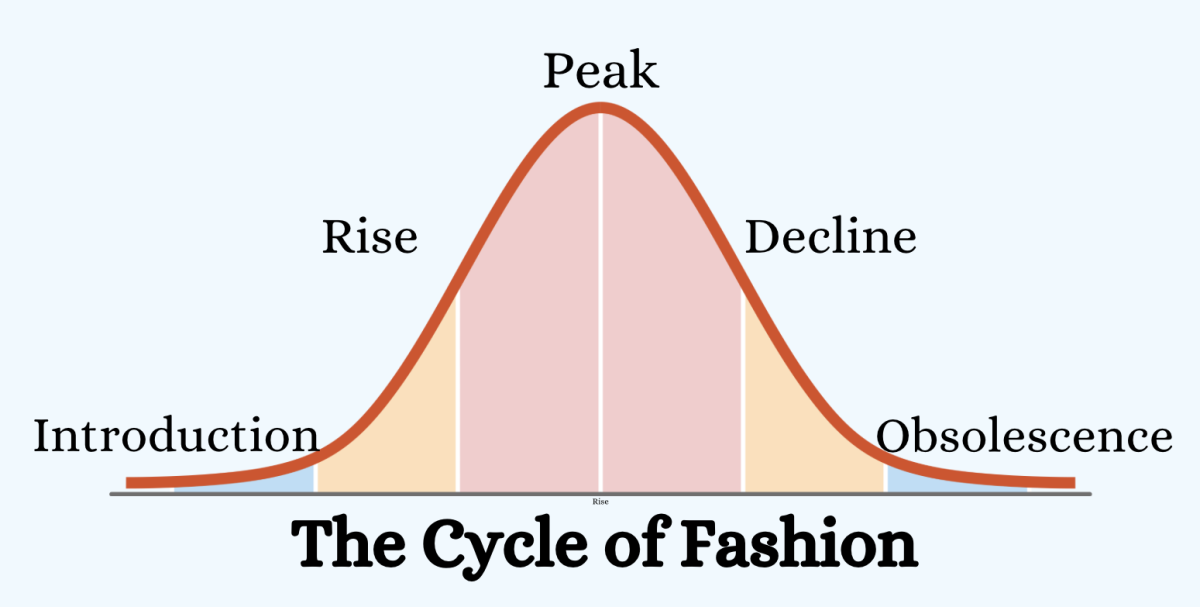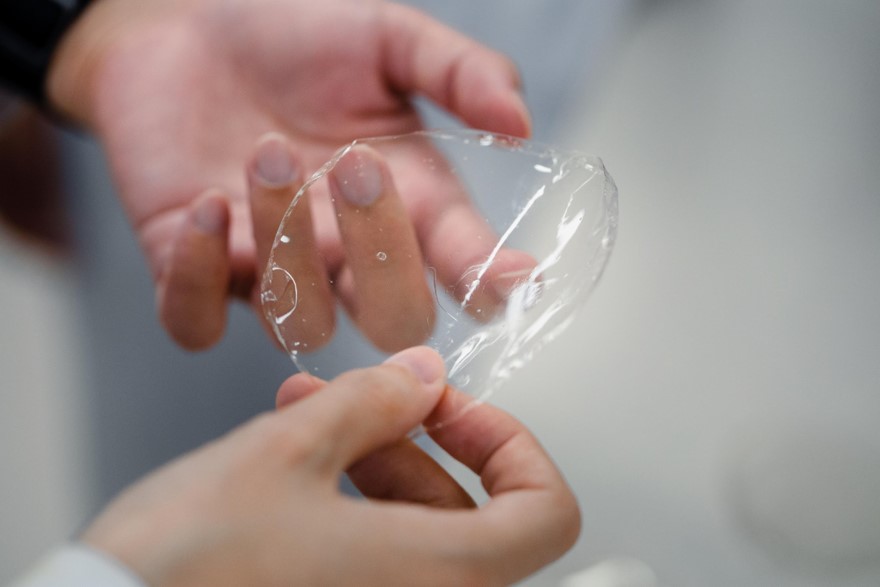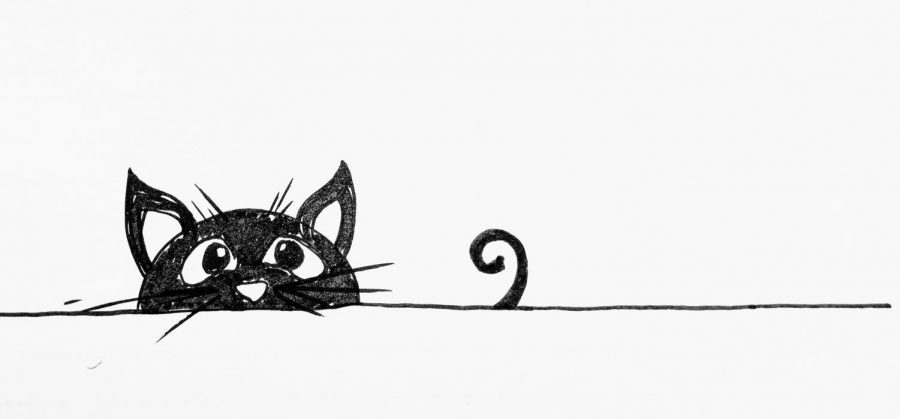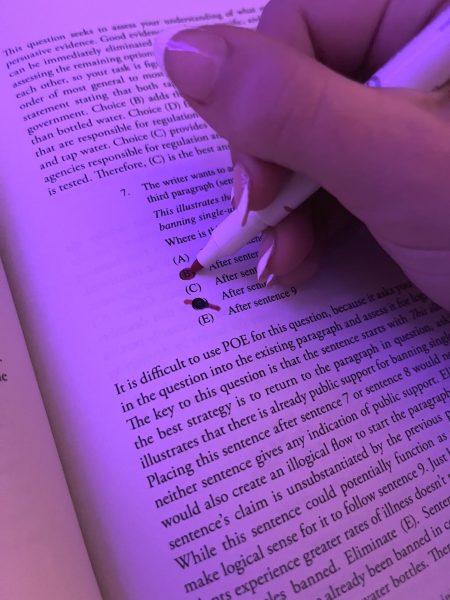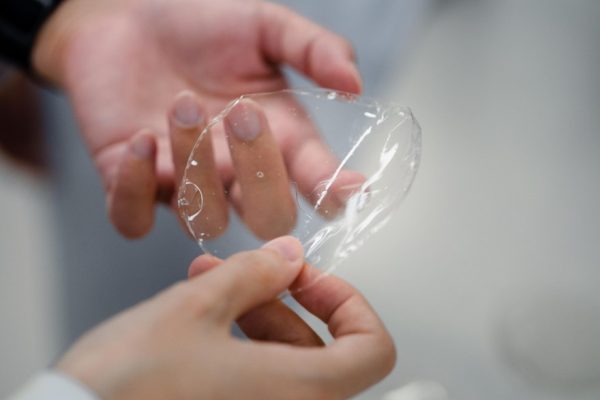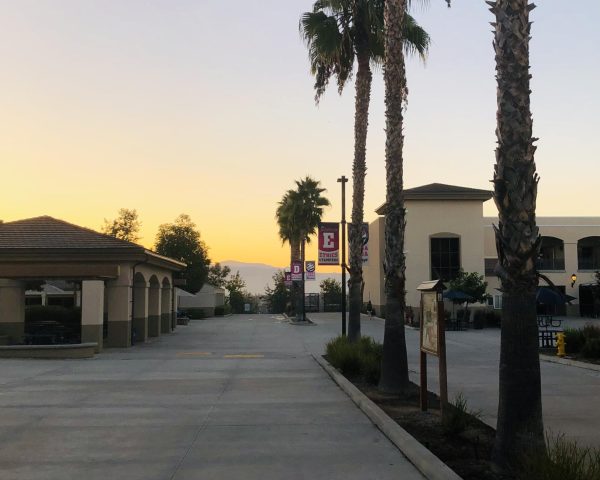Curiosity Killed the Cat
According to Literary Devices, the phrase “curiosity killed the cat” has its origins rooted in 1598. The line is first used in Ben Johnson’s comedy, Every Man in his Humor. “Helter skelter, hang sorrow, care’ll kill a Cat, up-tails all, and a Louse for the Hangman” (Act-I, Scene-IV, Lines, 77-79).
February 9, 2020
Part of the complexity of curiosity is the difficulty in assigning a single widely accepted definition for the term. Often, curiosity is meant as the desire to learn, or the want of knowledge. Overall, curiosity has a vague interpretation, but American educator George Loewenstein defines it as a “special form of information-seeking” that is “distinguished by the fact that it is internally motivated” (Loewenstein, 1944).
A number of studies have researched and analyzed the effect of curiosity on the brain. In a certain study by researcher Min Jeong Kang, human subjects were provided various trivia questions. In moments of self-reported curiosity, parts of the brain associated with reward anticipation (inferior frontal gyrus and caudate nucleus) were activated (Kang, 2009).
As a behavioral science, curiosity has many vague and contradicting theories as to its cause. According to Cal State University, curiosity can be either a primary or secondary drive; as primary, curiosity would be “inborn or innate,” but as secondary, curiosity would be “learned or acquired.” As of now, curiosity has yet to be classified as either.
Either primary or secondary, curiosity is a drive state. It drives the search for knowledge in much the same way as hunger drives the search for food.
Although the cause of curiosity is unclear, there are definite uses for it as a biological function. For animals, curiosity is necessary to perform anything other than basic functions such as eating, drinking, and reproducing. Animals need such exploratory behavior to try new things through “trial and error” learning (Cell.com). Through trial and error, animals can recognize and remember patterns, learning more about their surroundings.
For humans, curiosity is much more complex than exploring our environment. There is a much greater capacity for curiosity as a social trait, in which case the “metaphysical wonder” described by William James (1890) is simply wishing to understand, responding to a gap in knowledge rather than practical instinct. In the words of biology teacher Mr. Hipwell (Staff), curiosity is a “way… to better understand the world around you.”
Curiosity has many benefits, as a practical instinct and as a trait. Curiosity developed because it is an evolutionary advantage; information allows one to take advantage of one’s surroundings. Still, Mr. Hipwell (Staff) claims that curiosity’s benefits are “… outside of even just biology. It’s just willingness to learn new things about whatever it is that you’re interested in.
Despite the benefits, some view curiosity in a negative way. The phrase “curiosity killed the cat” implies that curiosity could get you into trouble, but there is an extension to this famous proverb that few are aware of: “curiosity killed the cat, but satisfaction brought it back” (Thought Catalog). The meaning of the proverb’s extension radically changes its interpretation of curiosity, ultimately viewing it as a positive trait.
In the end, modern curiosity improves lifestyle; it helps us to ask questions, learn from others, and improve ourselves. According to Greater Good Magazine, it also improves academic achievement by “participating in school” and increasing “engagement in work.” Mr. Hipwell (Staff) explains that curiosity is “a really good thing… being a lifelong student, a lifelong learner… curiosity’s a big part of that.”




